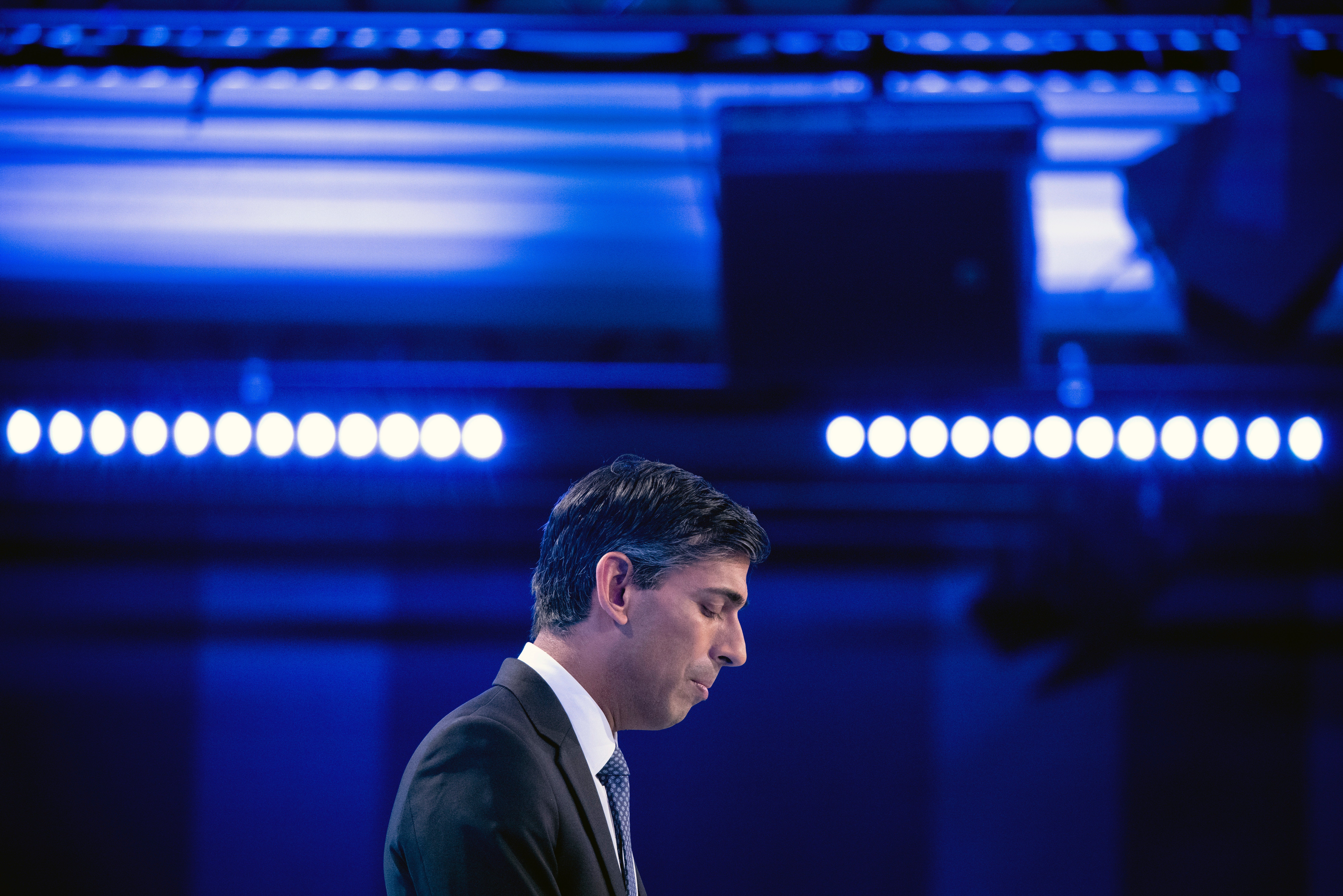Sooner or later, our politicians are going to have to do something about Brexit
This week has shown that the Europe debate is not over. Brexit has not ‘got done’, writes Andrew Woodcock

This has been a quiet week at Westminster, but weirdly it feels as though it may also have been a very significant one for the future of British politics.
With the autumn statement out of the way, politicians and observers had the chance to stand back and view the state of the terrain after a tumultuous few months of resignations, coups, financial shocks and new austerity.
And bizarrely what they have seen re-emerging as a big feature of the new political landscape is an old familiar beast we all thought we had put behind us – Brexit.
Reports at the weekend that ministers were discussing the possibility of a new “Swiss-style” relationship with the EU were swiftly stamped down by the government.
But they roused the ire of Tory Brexiteers, who swiftly flung the accusation of “betrayal” at chancellor Jeremy Hunt, who notably failed to deny being the source of the story.
And the row oddly seemed to chime with a new mood in a nation gradually coming to terms with the fact that it may have made a big mistake when it decided to quit the EU in 2016.
Opinion polls show an ever-growing majority believing Brexit has been bad for the country, and – for the first time – more than half saying they’d like to rejoin.
The horrific spectacle of mountainous debt, soaring taxes and penurious public services unveiled in Mr Hunt’s statement last week seems to have laid bare the reality that the sunlit uplands promised by the Leave campaign have failed to materialise.
And ministers’ claims that the country’s woes are nothing to do with Brexit, but are part of a general global economic malaise caused by Covid and Ukraine, were dealt a blow by an OECD report just a few days later.
This placed the UK at the bottom of the growth table for major G7 economies in each of the next two years, and above only sanctions-hit Russia in the wider G20 group.
Meanwhile, at the CBI annual conference, Rishi Sunak was confronted with complaints about the barriers to trade and limits on access to labour which are the most obvious consequences of EU withdrawal.
And unions and businesses united to appeal to the government to ditch the totemic and quixotic dream of Brexiteers like Jacob Rees-Mogg to remove all EU-derived laws from the statute book, no matter how useful they may be to preserving health and safety, protecting consumers or the environment and boosting trade.
It was notable that Michael Gove – one of the most eloquent promoters of Brexit in the 2016 referendum campaign – struggled in a radio interview to name a single benefit which has resulted from EU withdrawal.
It seems that the penny has dropped with voters, and even among many erstwhile Brexiteers, that those benefits have not arrived and may never arrive.
In a country newly immiserated by the soaring cost of living, the “Project Fear” warnings about the economic damage Brexit would wreak no longer seem so easy to dismiss.
And in a country whose young people are overwhelmingly in favour of closer ties with Europe, the appeal of splendid isolation is no longer such an electoral asset.
None of the major parties – except the SNP – are ready to talk about it yet. But this week has shown that the Europe debate is not over, Brexit has not “got done” and sooner or later our politicians are going to have to respond to the shifting national mood and do something about it.
Yours,
Andrew Woodcock
Political editor






Join our commenting forum
Join thought-provoking conversations, follow other Independent readers and see their replies
0Comments